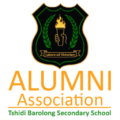Legacy Wall
This is dedicated to distinguished alumni and benefactors whose notable contributions have elevated both our institution and its mission. Their names are etched not just in recognition, but in gratitude—for shaping the path forward.
Legacy Wall Honourees
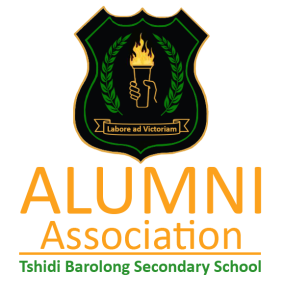
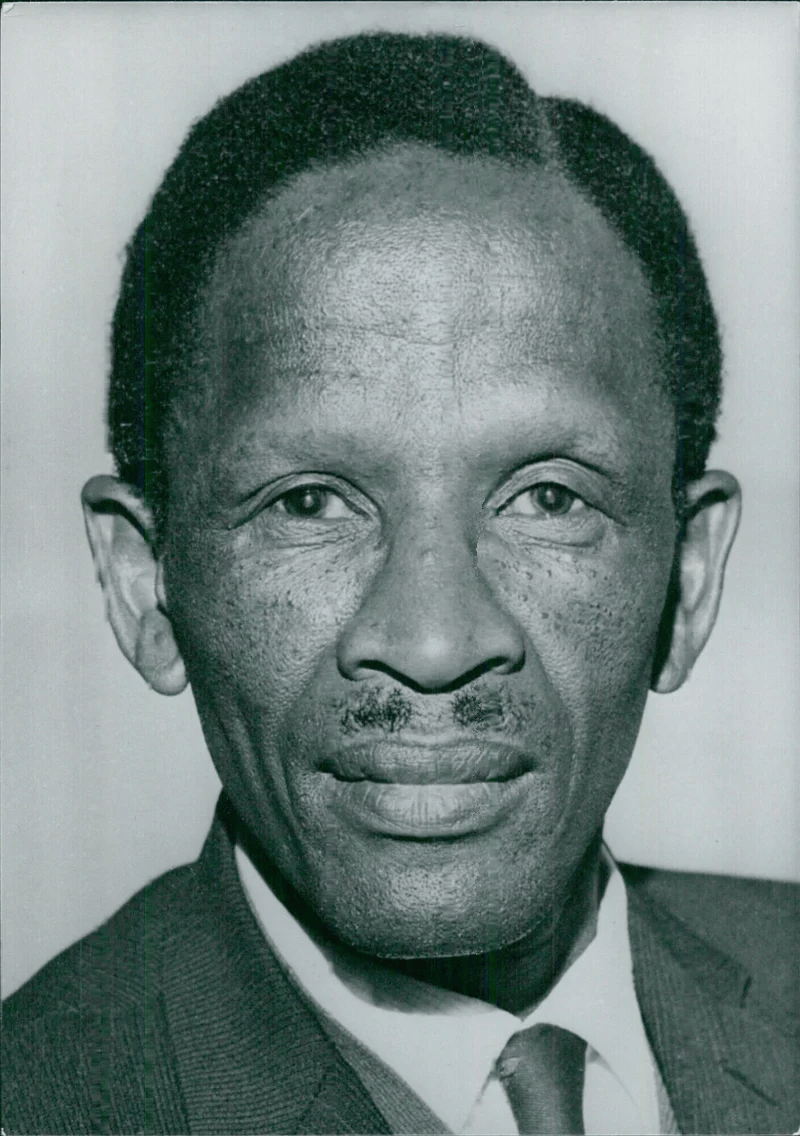
Dr. Benjamin Cogo Thema
Founding Principal: 1946 - 1955
Born in October 1912 in Ranaka, Ngwaketse District, Benjamin Cogo Thema was a man of deep intellect and unwavering dedication to education. He attended local schools before becoming a teacher at Healdtown and later Tiger Kloof Institute in South Africa. Despite limited resources, he pursued higher education through self-study, earning his Bachelor of Arts (Education) and Master of Arts (Education) degrees over ten years (1937–1947). His 1948 thesis, "The Development of Native Education in the Bechuanaland Protectorate: A Historical Survey (1840–1948)", remains a foundational work in Botswana’s educational history.
In 1946, Dr. Thema founded Tshidi Barolong Secondary School in Mafikeng, serving as its principal until 1955. His leadership laid the groundwork for academic excellence and inspired generations of Barolong and Batswana scholars. He later became principal of Moeng College (1955–1964) and an Education Officer, advocating for teacher welfare as General Secretary of the Cape Teachers’ Union.
Entering politics in 1965, Dr. Thema was elected to represent Lobatse and Barolong under the Botswana Democratic Party (BDP). As Botswana’s first Minister of Finance (1965–1966) and later Minister of Education (1966–1974), he shaped policies that expanded access to schooling and elevated national standards. Reappointed in 1969, he championed education as a pillar of Botswana’s post-independence development.
Honours & Legacy
Awarded an honorary doctorate by the University of Botswana and Swaziland (1981).
Remembered as a humble yet passionate leader, whose rapid speech mirrored his fervent commitment to progress.
Passed away in 17 January 1990 leaving a legacy as Botswana’s "Father of Modern Education."
"A teacher, a builder, a visionary—Dr. Thema’s life reminds us that education is the truest path to freedom."
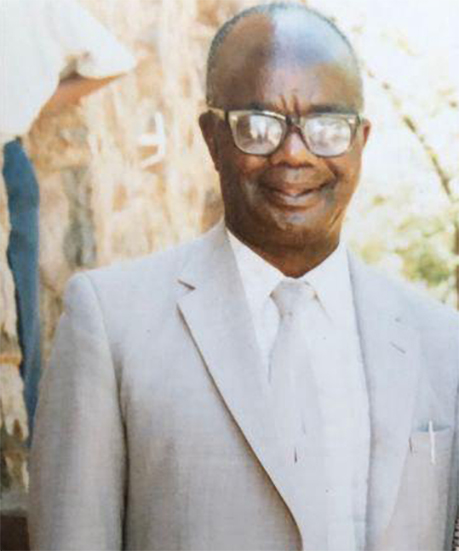
Columbus Ngakaemang Lekalake
Principal: 1955 -1976
We honour and celebrate the remarkable life of Columbus Ngakaemang Lekalake, born on 09 September 1914 at the historic Robert Moffat Mission in Kudumane. Affectionately known as "Lekay" by colleagues and students alike, he was a towering figure in education—whose unwavering commitment, visionary leadership, and relentless pursuit of excellence shaped generations of learners and uplifted communities.
C.N. Lekalake began his formal education at Bathiaros Primary School in 1922, continuing to earn his Junior Certificate at the renowned Tiger Kloof Institution. He completed his matriculation at Lovedale and went on to obtain a Teachers' Diploma from the University of Fort Hare—an institution known for producing leaders across the continent. Demonstrating his commitment to lifelong learning, he earned a Bachelor of Arts degree from UNISA in 1952.
His distinguished career in education began in 1937 as a teacher at Madibogopan United Mission School. In 1939, he joined Gamopedi London Missionary Society Native School, followed by a principalship at Rietfontein Methodist School in 1943. By 1945, he was leading the United Mission School in Vryburg Location and returned to Tiger Kloof in 1946 as an educator.
Legacy at Tshidi-Barolong Secondary School
In 1955, he became Principal of Tshidi-Barolong Secondary School, where he left an indelible mark over two decades. When he began the school consisted of only three classrooms, a science room, a domestic science classroom, and an office block. His leadership, vision, and tireless dedication transformed it into a premier institution. He mobilized support from students, parents, and the broader Barolong community—led by the late Kgosi Kebalepile, the late D.P. Kgotleng (Chairperson of the School Committee), and the late Z.K. Phetlhu (Secretary).
He inspired male students to mould bricks for new buildings and female students to raise funds. Through these efforts, the school evolved into a large complex with hostels, multiple classrooms, and function halls. In 1964, it was officially upgraded to a high school and renamed Barolong High School after the transfer of the remaining Tiger Kloof Institution students.
Under his leadership, the school became a beacon of excellence—not only academically but also in sport and culture. The soccer, basketball, and athletics teams were regional champions, while the school choir won numerous competitions at all levels.
Mr. Lekalake was committed to recruiting top talent and personally travelled to the Eastern Cape to bring Fort Hare graduates to teach at the school, raising the academic bar significantly.
Leadership in Teacher Advocacy and Policy Reform
A champion for teachers' rights and education reform, Mr. Lekalake was elected President of the African Teachers Association of South Africa (ATASA) in 1951. That same year, he led the North Western Districts Teachers’ Union delegation to secede from the Cape African Teachers Association (CATA), laying the foundation for the Cape African Teachers Union in 1953.
He represented African teachers at the World Confederation of Organizations of the Teaching Profession (WCOTP) in Vancouver (1967) and Nairobi (1973)—where he was elected Chairperson for the Southern Africa Region. He even travelled to Malawi to mediate between President Banda and the country’s teachers.
A tireless advocate under hostile conditions, Lekalake and his peers formed a Teachers’ Council, drafted a Code of Conduct, and constantly campaigned for better salaries and professional standards. In 1978, he led a delegation to Pretoria to present a memorandum to Minister Maree, strongly opposing the introduction of a racially segregated education department for African children.
Educational Philosophy
In a powerful address to the inaugural Bophuthatswana Teachers Association in 1978, he said:
“At all levels, educational problems affecting individual schools, branches, districts, regions, and national levels require research. Statistical evidence and graphical representation of all phenomena should be available so that teachers' representations to the department are unassailable. Only then can teachers’ claim to be regarded as educational experts be justified.”
Senior Adminstrative Roles
His leadership journey continued outside of the school when he was appointed Circuit Education Officer in the Mankwe District in 1976, Chief Education Planner in Mmabatho in 1978, and finally Director of Education in Mmabatho in 1979.
National Service and Honours
Vice-Chairperson, National Education Commission – Education for Popagano (1978 & 1985–86)
Member, Advisory Board of Education in South Africa
Member, Joint Matriculation Board
Awarded the Order of the Leopard for distinguished service
Mr. Lekalake passed peacefully at home on 02 April 2002 at age 88, but his legacy endures: in the bricks of the school he built with students’ hands, in the teachers he mentored, and in the equitable education systems he fought to create.
His lifelong mission to educate, uplift, and empower has left an indelible mark—not only on Tshidi-Barolong Secondary School but across the national educational landscape. We honour him as a true pioneer, servant leader, and custodian of African intellectual excellence.
A legacy cast in stone. A life etched in memory.
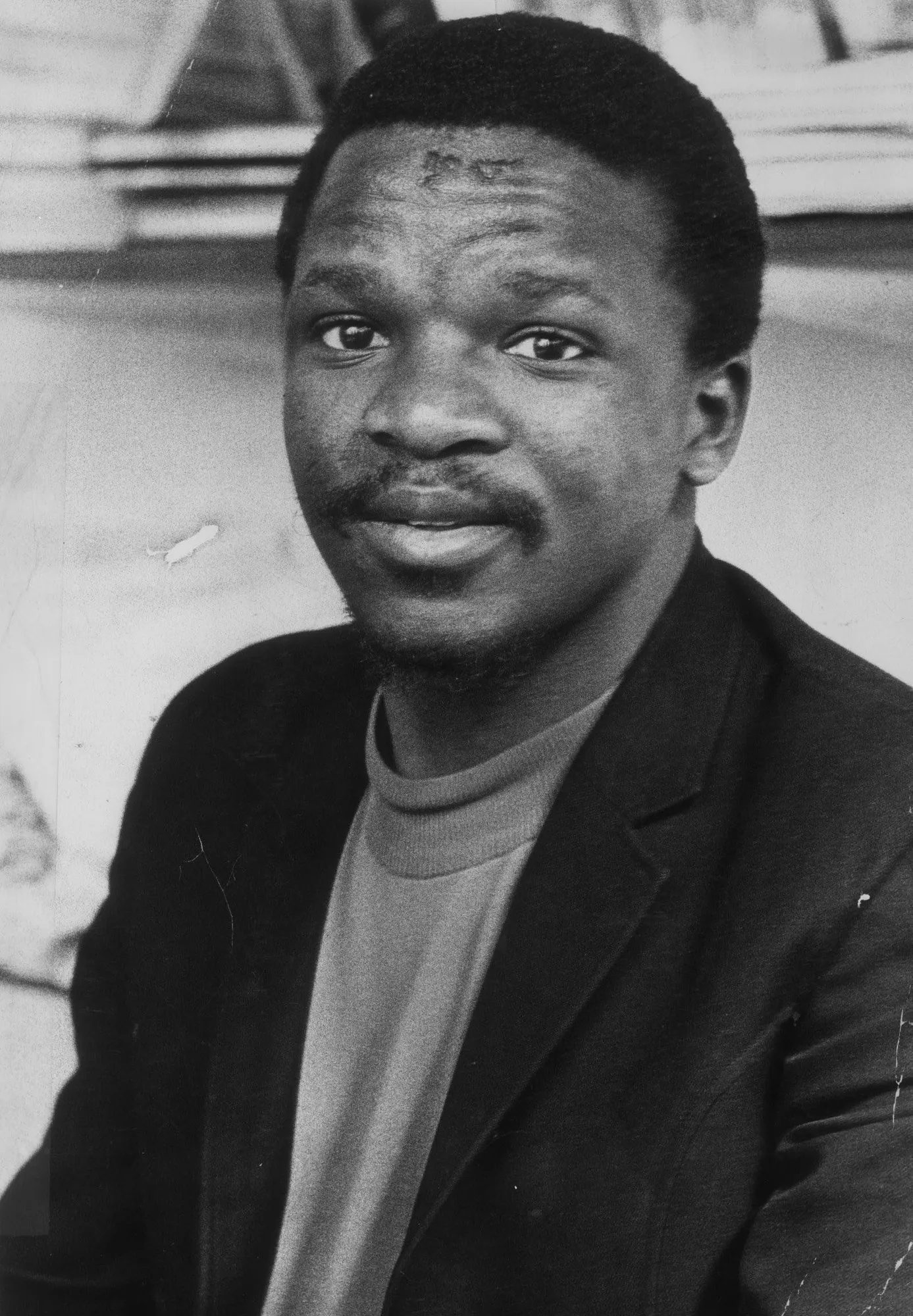
Abram Ramothibi Onkgopotse Tiro
Class Of 1968
Abram Ramothibi Onkgopotse Tiro remains one of South Africa’s most iconic liberation figures and a proud alumnus of Barolong High School. His time at the school in the 1960s was marked by both academic dedication and an emerging political awareness that would later define his legacy.
In 1968, Tiro was in matric at Barolong and, with all that was going on around him in apartheid South Africa, he was already an unsettled young man.
Principal C.N. Lekalake remembered him as “difficult to handle”—not out of rebellion for its own sake, but because he "dared to object openly to whatever he thought was wrong." Even then, Tiro’s love for education burned brightly, and he sought to inspire that same passion in those around him.
At the school’s 1968 leavers’ function, Tiro delivered a powerful and persuasive speech on behalf of the matriculants. Principal Lekalake later recalled, in February 1974 after Tiro’s assassination, that Tiro "spoke about the conditions the pupils were subjected to… [It] was so influential that dramatic changes were made immediately in the makeup of the school's administration."
After his expulsion from the University of the North for delivering the now-legendary “Turfloop Testimony” against apartheid’s Bantu Education system, Tiro continued with what had become his singular focus: mobilising for Black Consciousness. One of his first stops was his alma mater, Barolong High. There, he gave a memorable talk that remained vivid in the memory of fellow alumnus Zacharia Tolo (Class of 1972), many years later.
The speech stuck to the script—Tiro berated the system of apartheid and reminded the students of their collective dignity. Tolo recalled Tiro saying: “My crime [is that] I questioned the presence of white people who did not even know the graduates, and our parents could not attend the graduation ceremony. We are being converted into animals in a zoo by these whites who don’t even know [how to] pronounce our names.” Tiro ended his address by urging those heading to tertiary institutions to remember that they too were entering a “terrain of struggle.”
Inspired by Tiro’s example, Zacharia Tolo went on to attend Turfloop in 1973 and was quickly drawn into the liberation movement before going into exile in 1976. Tolo would later become MEC for Education in the North West Province and spearhead the "Alumni Movement" programme which led to the formation of this very Alumni Association—proof that Tiro’s influence endures through those he inspired.
Tiro’s principled voice would echo far beyond Barolong. After Turfloop, he taught at Morris Isaacson High School in Soweto, continuing to challenge injustice until his assassination by parcel bomb in exile in 1974.
Onkgopotse Tiro’s journey—from the classrooms of Barolong to the frontlines of the liberation struggle—reminds us that education is not just about learning. It is about standing up for truth, justice, and dignity, no matter the cost.
Large parts of this tribute were extracted from "Parcel of Death - The Biography of Onkgopotse Abram Tiro" written by his nephew Gaongalelwe Tiro. This "MUST READ" is available at most reputable physical and online bookstores. In due course it will be available on our Online Store as well.
